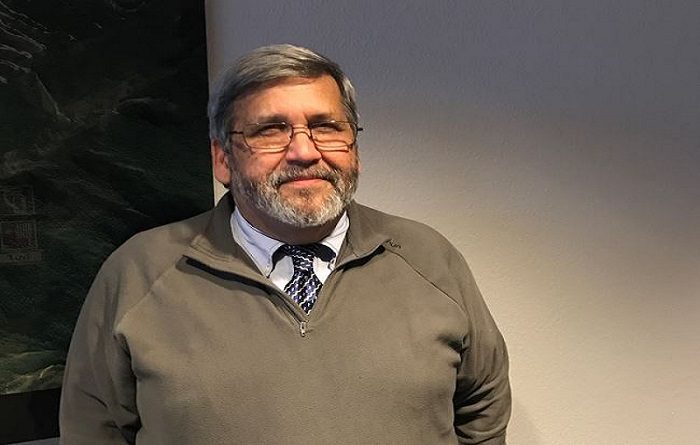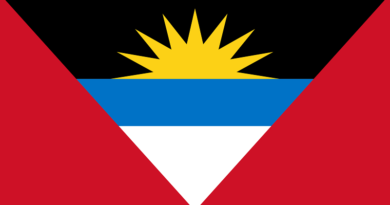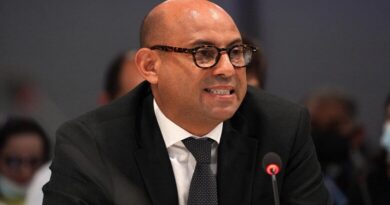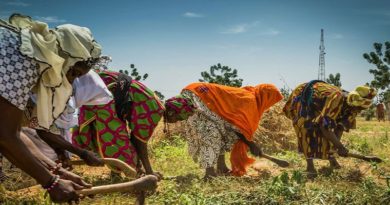Adaptation Fund Board moves to accelerate innovative adaptation actions
The Adaptation Fund Board made several substantial decisions during its 32nd meeting in Bonn, Germany last week, which will contribute to implementing the Fund’s medium-term strategy to respond to the urgency of climate change by accelerating and enhancing the quality of adaptation actions in developing countries, scaling up innovative projects and disseminating knowledge of effective Fund actions.
The Board approved three new small grant funding windows outside its regular processes for submitting project proposals. The windows carry an initial funding total of US$ 5 million, which is expected to increase about threefold over the next four years.
These include new “innovation grants” aimed for the Fund’s accredited national implementing entities (NIEs) and eventually outside entities, as well, to provide funds to speed development of innovative adaptation practices. An initial US$ 2 million in proposal requests to NIEs will be launched later this year, with NIEs able to submit proposals for the new grants directly to the Fund. A multilateral implementing partner of the Fund will be selected to administer innovation grants for outside entities through an ‘innovation facility’ in a subsequent call for proposals with additional funding expected later on.
In addition, US$ 1 million in new “project scale-up grants” will be made available to NIEs over the next five years. These grants provide readiness funding to NIEs to support plans and designs for scaling up Adaptation Fund projects currently under implementation. The implementation phase of these scaled-up designs would be expected to be funded by other sources.
The Board further approved US$ 2 million in new “learning micro-grants” over five years that are expected to assist NIEs in enhancing their systems to capture and disseminate adaptation experiences and knowledge.
The new funding windows are considered ‘additional to’ funding amounts each country can currently access through the Fund for concrete adaptation project needs.
During the meeting, the Board also approved or endorsed 13 new project proposals and nearly US$ 20 million in new projects, lifting its total number of concrete adaptation projects for the most vulnerable to 80 worldwide with well over half a billion US dollars in funding.
“The new funding windows allow Adaptation Fund national implementing entities and others to share experiences of tangible, innovative Fund projects and effectively scale up these actions to help meet the rising urgency of climate change,” said Adaptation Fund Board Chair Victor Viñas. “Requests for proposals for the new funding windows will go out to NIEs soon. We also approved new projects through our usual processes that helped the Fund reach a milestone of 80 total concrete, tailored projects helping the most vulnerable communities in developing countries adapt and build resilience to climate change across the globe.”
New projects approved included an innovative US$ 1.4 million Direct Access project in Armenia by EPIU to manage floods as well as pit waste through closed stone facilities; a US$ 7.9 million regional project by WMO to manage flood, drought and early warning systems in integrated ways in Benin, Burkina Faso, Cote d’Ivoire, Ghana, Mali and Togo; and a US$ 10 million regional project by UNDP to restore marine ecosystems in Mauritius and Seychelles by rehabilitating coral reefs. Another US$ 160,000 in project formulation grants were approved among 10 project concepts and pre-concepts endorsed by the Board.
The Armenia project, in particular, is significant in that it is the second Adaptation Fund project to be funded in Eastern Europe and the Fund’s first Direct Access project in the region.
Other important Board decisions included making processes easier for implementing entities to become accredited and submit projects to the Fund, such as approving a fast-track Adaptation Fund accreditation process for implementing entities that have already been accredited by the Green Climate Fund (GCF). A similar process already exists for the Fund’s entities to be fast-tracked by GCF, and for reaccreditation of Adaptation Fund entities that are already accredited by GCF. The new decision further enhances complementarity and coherence between the funds.
“I am very pleased to see the Adaptation Fund’s Medium-Term Strategy continue to advance in very substantial areas with these decisions,” said Adaptation Fund Manager Mikko Ollikainen. “The three new grant funding windows will provide additional opportunities for developing countries that are most vulnerable to climate change to build on tried and tested solutions and to develop new and innovative ways to adapt. The improvements to Fund operations such as the fast-track accreditation process will also help empower more countries to access urgently needed climate finance.”
To further strengthen due diligence and standards related to anti-money laundering and countering the financing of terrorism (AML/CFT), the Board also enhanced the accreditation process by adding specific references to AML/CFT in supporting documentation. The Board lastly agreed to consider at its next meeting in March 2019 various options to potentially review country caps on project funding, and elected its next Chair (Ms. Sylviane Bilgischer of Belgium, currently serving as Vice-Chair) and a new Vice-Chair (Mr. Ibila Djibril of Benin). They will assume those roles in March when Viñas completes his one-year term.




